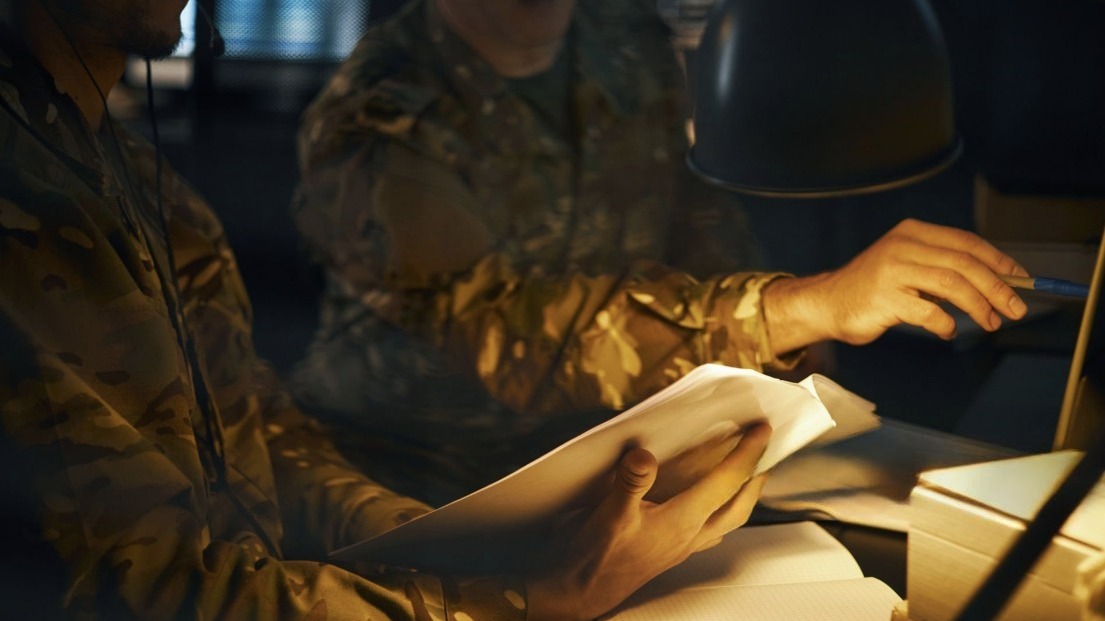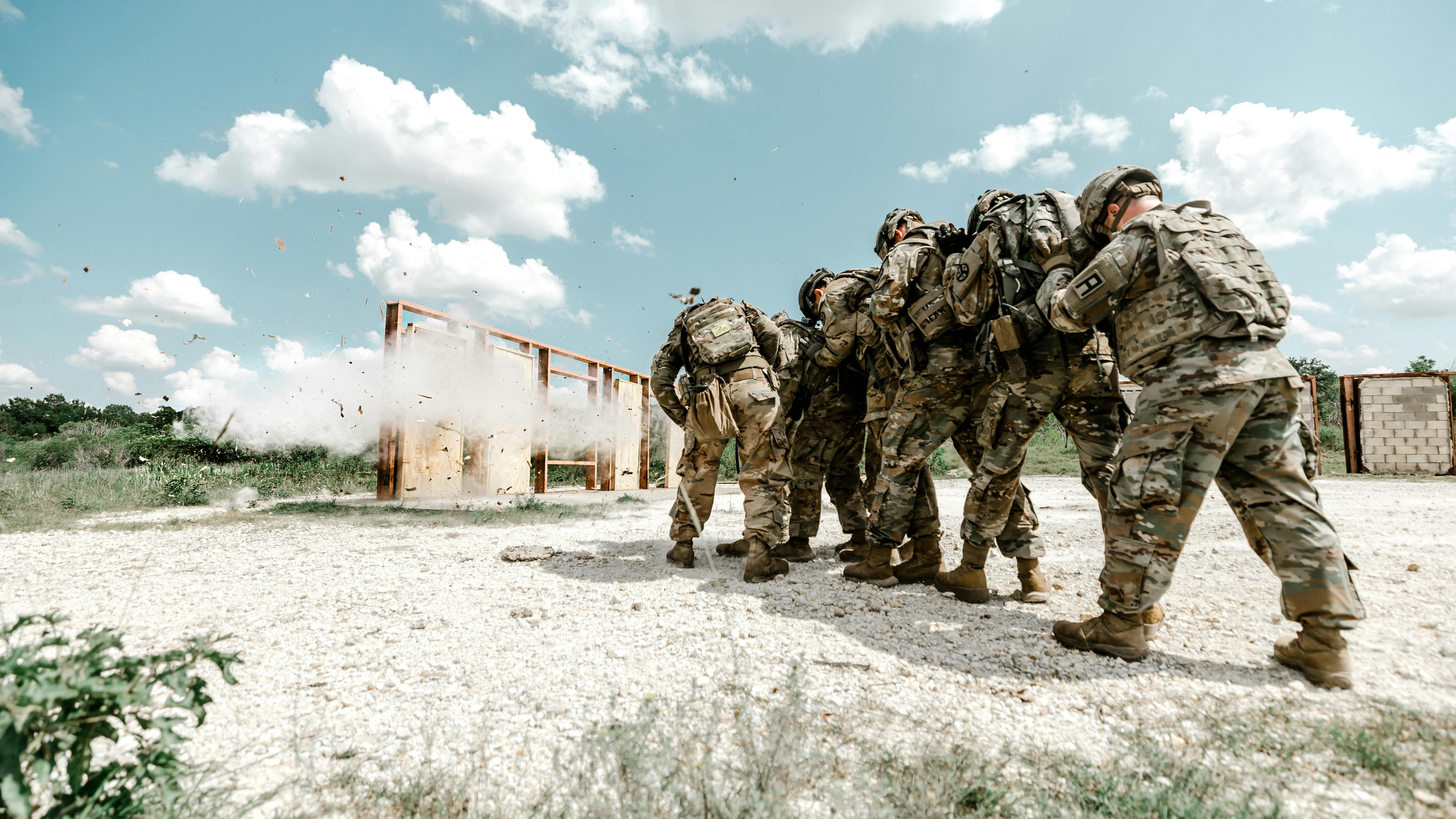
The Price of Time in Military Operations
In military operations, the saying "time is of the essence" takes on a profound significance. Unlike in the corporate world, where time directly correlates with profit margins, in the military, time is often treated as a limitless commodity—until it isn’t. Captain Charles Kelly emphasizes this urgent reality in the analysis of how organizational friction stemming from a disregard for efficient time management can hinder readiness. In today's fast-paced military environment, viewing time as a finite resource is essential for survival and success.
Organizational Friction: An Overview
Friction arises from complicated processes, redundant approvals, and outdated technology that delay action. Consider the operational stress faced by soldiers who require immediate access to resources for training or missions. For instance, a simple range request can transform into a complex bureaucratic hurdle that drains vital operational time but is not directly assessed like a business's quarterly reports. If a Training NCO, overwhelmed with numerous responsibilities and held back by slow technological tools, delays approvals, the unit suffers, and readiness can deteriorate.
Understanding Readiness Through the Lens of Time
Readiness—the capacity to conduct operations swiftly and effectively—is contingent on a unit's time management. As proposed in the original commentary, every day spent mired in delays translates into less time for critical tasks like training, maintenance, and physical fitness. The interdependence of these tasks underlines the necessity of a cultural shift within military organizations toward recognizing and valuing time as a precious resource.
Transforming Military Culture: Practical Recommendations
To remedy the friction created by inefficient processes, leadership must prioritize flexible structures that adapt to the needs of service members. One approach involves empowering soldiers to take initiative in the process, allowing them to submit requests directly without the need for excessive reviews. Leadership should also champion the integration of modern, user-friendly technology, which can eliminate waiting times associated with outdated systems.
Case Study: Lessons from the Business Sector
The business world showcases successful strategies for combatting organizational friction; its survival relies heavily on efficient time utilization. Companies striving for higher productivity often adopt time management techniques like agile methodologies, which can inspire military leaders to implement similar frameworks. By adopting a mindset where time lost is akin to resources wasted, military leaders can engender a more proactive and efficient operational environment.
The Path Forward: Balancing Efficiency and Readiness
In recognizing that military readiness cannot be taken for granted, leaders must ensure that operational efficiency becomes an integral component of military culture. By addressing the barriers created by bureaucratic processes and outdated technology, military organizations can foster an environment in which time is respected and utilized effectively.
The imperative to integrate this cultural shift is twofold; not only does it enhance the immediate operational capabilities of our forces, but it also honors the commitment and sacrifices of every service member. Valuing time means valuing the lives and experiences of those who serve.
In conclusion, the military's ethos must evolve to appreciate time as an irreplaceable asset. As we navigate future conflicts and challenges, adopting this critical mindset will ensure our forces are ready to respond at a moment's notice, preserving the lives of military heroes while ensuring operational success. The lessons learned here are essential for both policymakers and those at the front lines.
 Add Row
Add Row  Add
Add 




Write A Comment